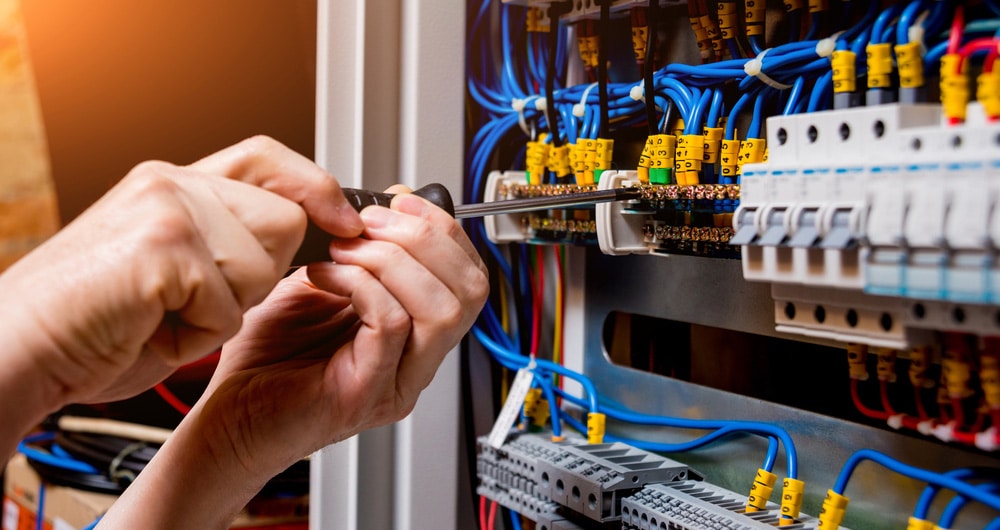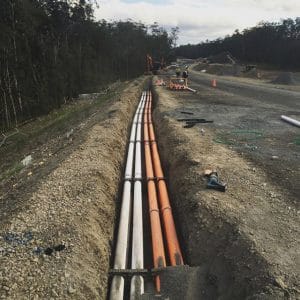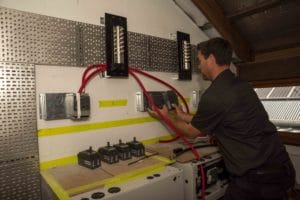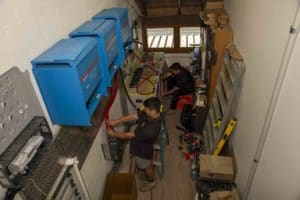The comfort and conveniences of modern living often rest on a web of electrical systems that power our homes. Yet, it’s easy to overlook the importance of maintaining these systems to ensure they operate safely and efficiently. This blog aims to guide you through essential electrical safety aspects, from understanding circuit breakers to preparing for electrical emergencies.
Understanding the Importance of Circuit Breakers
Circuit breakers play an invaluable role in safeguarding your home against electrical overload and short circuits. They act as an automated monitoring system, designed to interrupt the flow of electricity when anomalies are detected. This interruption is essential to prevent overheating and potential fire hazards. To ensure that circuit breakers are correctly installed and function as intended, it’s recommended to seek the help of licensed electrical services for installation and regular maintenance checks.
Identifying and Addressing Hidden Electrical Risks
Outdated Wiring
- Older homes may have outdated wiring systems that are ill-equipped to handle modern electrical loads, posing a serious risk of fire and electrical shocks. Inspection services can identify these risks in their initial assessments.
Overloaded Power Boards
- Power boards with too many connected devices can become a fire risk. Professionals can offer advice on optimal electrical outlet distribution.
Unprotected Outdoor Outlets
- Electrical outlets exposed to weather conditions can be a hidden danger. Electrical inspection services can recommend proper weatherproofing solutions.
The Role of Residual Current Devices (RCDs) in Home Safety
Residual Current Devices (RCDs) are designed to prevent electric shock by quickly breaking an electrical circuit if the electric current is not balanced between the “live” conductor and the “neutral” conductor. The speed at which RCDs can interrupt the power supply is critical in reducing the risk of death or serious injury caused by electric shock. Due to the precise nature of their function, it’s highly recommended to have RCDs installed by a licensed electrician to ensure they are fitted in compliance with local regulations and standards.
Energy-Efficient Appliances: Safety and Savings
Energy-efficient appliances are not only a win for your pocket but also for your home’s safety. These appliances are designed to work at optimal electrical loads, reducing the chance of electrical faults that could lead to hazards. Moreover, the reduced electrical consumption can contribute to a lower risk of overheating and fire, particularly when it comes to appliances that are in constant use.
Why Routine Electrical Inspections are Non-Negotiable
Fire Risk Assessments
- Regular assessments can identify fire risks such as overloaded circuits, helping you take preventative measures.
Compliance Checks
- Inspection services will confirm that your home’s electrical systems are in line with local safety standards, providing peace of mind.
Fault Detection
- Early fault detection can prevent expensive repairs and replacements down the line. Services often include thermal imaging to spot anomalies.
Preparing for Electrical Emergencies: What to Do and Who to Call
In the event of an electrical emergency, the first step is to turn off the main power supply to stop any electrical flow. Do not attempt to fix the issue yourself; instead, it’s vital to call a licensed electrical service to assess and address the situation. Handling electrical components without proper training poses serious risks, including fires and electrical shocks.
Take Action for Electrical Safety With Coughran Electrical
Safety is not a one-time consideration but a lifelong commitment to maintaining the electrical systems that power your life. If you’re concerned about the electrical safety of your home, consider the benefits of a comprehensive service offering that covers everything from routine inspections to emergency responses. Take the next step today and contact us to ensure your home’s electrical systems are up to standard.





